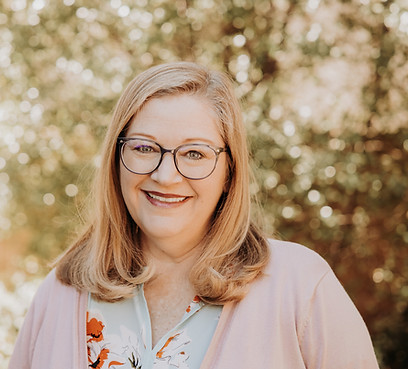Our 2026 Keynote Presenters
Increasing Engagement, Community, and Student Success Through Adaptive and AI-Enhanced Teaching
Andrew Phuong
University of California, San Diego
Keywords: Adaptive Equity-Oriented Pedagogy, Equitable AI, Student Success
Key Statement: This session introduces Adaptive Equity-Oriented Pedagogy (AEP). Research shows that AEP can improve college instructors’ effectiveness, raise average student achievement by over a full letter grade, and foster a stronger sense of belonging.
This session introduces AEP. AEP adapts evidence-based practices (e.g., grading for equity, AI, formative assessments, UDL) to address barriers to student learning. Research studies show that, compared to active learning courses, instructors applying AEP increase average achievement by over a letter grade for all students. AEP also improves psychosocial outcomes (e.g., motivation, reduced stereotype threat, mindset, self-efficacy, community, belonging) across disciplines and college contexts. This session highlights strategies that instructors have used to adjust teaching, address equity barriers (e.g., stereotype threat), and increase learning in over a dozen courses. It also explores how AI can augment AEP to improve equitable outcomes.
Outcomes:
-
Understand the principles of AEP.
-
Articulate teaching strategies that can reduce stereotype threat and improve student engagement, achievement, sense of self-efficacy, sense of community, and sense of belonging.
-
Discuss how the AEP framework and AI-Enhanced techniques can apply to your teaching and learning context.
Andrew Phuong




Go Somewhere: A Game of Metaphors, AI, and What Comes Next
Bonni Stachowiak
Vanguard University;
Teaching in Higher Ed
Key Statement: Through metaphor, dialogue, and game play, participants will explore ethical implications of AI in education and imagine teaching practices grounded in curiosity, creativity, and care.
Keywords: AI Literacy, Creative Pedagogy, Playful Learning
Artificial intelligence is reshaping higher education and the way we respond matters. In this interactive plenary, we will play Go Somewhere, a metaphor-based card game designed to surface our assumptions, explore ethical concerns, and help us to identify next steps in teaching and learning within our unique contexts. Together, we will engage with metaphors that frame AI’s role in higher ed, reflect on how emerging tools impact pedagogy, equity, and academic integrity, and connect our personal and institutional values to meaningful action. This session centers play as a form of inquiry, making space for both critical questions and hopeful imagination. Participants will leave with a renewed sense of possibility, plus reflective tools to engage colleagues and students in conversations about AI.
Outcomes:
-
Use metaphor as a reflective tool to consider AI’s role in teaching and learning.
-
Identify key ethical considerations in AI adoption within educational settings.
-
Adapt game-based strategies to facilitate dialogue with colleagues or students.
The Science of Learning Meets AI: Strategies for Purposeful Integration
Todd Zakrajsek
University of North Carolina at Chapel Hill
Key Statement: Discover how generative AI can amplify evidence-based learning. This keynote explores practical ways faculty can use AI to deepen understanding, promote intentional learning, and help students engage more meaningfully with complex material.
Keywords: Generative AI, Evidence-Based Learning, Engagement
Decades of research in the cognitive and learning sciences have provided extensive insights into what supports, and hinders, human learning. GenAI opens new possibilities for drawing on this body of research to help students learn with greater depth and intention than has been typical in higher education. With tools that offer personalized feedback, scaffold complex thinking, and support focused reflection, genAI gives students ways to engage more meaningfully with challenging material rather than race through it. With curiosity and critical thinking more important than ever, these tools can help learners reach levels of mastery that have often been difficult to achieve. This keynote takes a practical, evidence-informed look at how faculty can use genAI to enrich learning.
Outcomes:
1. List key learning-science principles that align naturally with productive uses of generative AI.
2. Explain how AI tools can scaffold complex thinking and promote deeper student engagement.
3. Apply practical strategies for integrating AI to support intentional, mastery-oriented learning.


Past ITLC-Lilly San Diego
Keynote Presenters